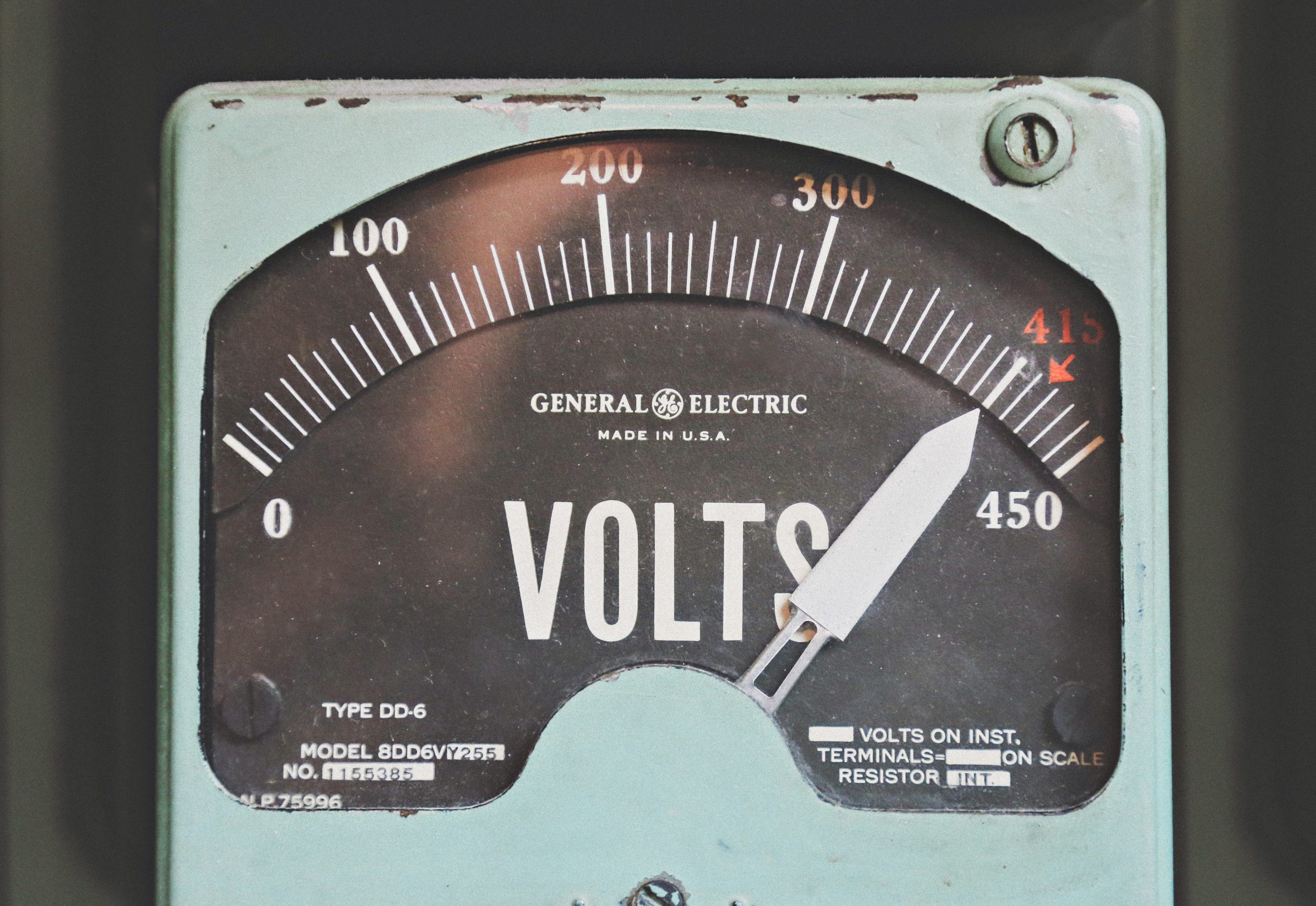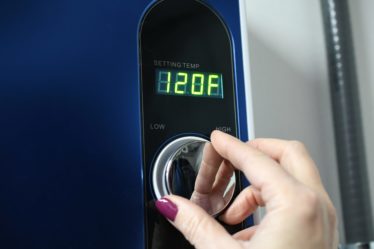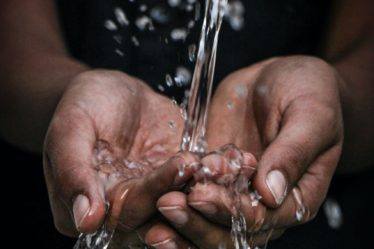
Making sure your home is energy efficient will save you money in the long run. Technology gets old, and sometimes that means you could be spending more electricity on outdated and energy inefficient appliances. That being said, there are many ways to keep your energy bill down without changing your electrical devices for more efficient ones. If you are interested in using less energy no matter the season, rain or shine, here are a few tips to consider.
Insulating Your Home
Heating your home burns a lot of electricity, but taking steps to winterize your home can go a long way toward saving money when it gets cold outside. The main way to do this is to make sure your home is as insulated as possible. This means checking the roof for leaks and sealing holes that might exist in entry points to your home like windows and doors. Checking your heater or furnace for potential issues may be helpful, too, because it is better to catch these sorts of problems before they become a crisis. Placing heavy curtains or blankets over your windows may help increase the insulation and, therefore, energy efficiency of your home somewhat as well.
Adjusting Your Thermostat
Electrical heaters basically burn electricity to keep you warm and, as a result, are some of the most energy intensive appliances you can own, especially when compared to essentials like computers and ceiling fans. Unfortunately, this also means that one of the best ways to save electricity and increase energy efficiency is to turn down your thermostat. If you want to maximize efficiency and lower energy consumption you can try upgrading your heating system to be more energy efficient. Portable space heaters are less efficient than HVAC systems, so investing in HVAC is a good idea if you can. If you can’t, or you need to use a space heater for some other reason, then consider using a space heater appropriate for the size of the room that you need to heat since buying one that is too powerful will waste a lot of power. Even then, if you are looking to save as much money on utility bills as you possibly can you should use it sparingly in addition to dressing warmly with layers.
Checking Your Appliances
The kinds of appliances you use and how you maintain them can severely impact your household’s energy consumption. Newer appliances are going to require less power in general since they are more likely to be designed with energy efficiency in mind. A new refrigerator, dishwasher, microwave, dryer, or any other home appliance also won’t have accrued the same amount of damage to its electronics an older model might have sustained over the course of very long periods of use. This will have some small effect on an appliance’s energy efficiency as well. Also worth double-checking is the practical effectiveness of seemingly useful but old appliances.
When deciding between repairing and replacing a refrigerator you might inspect how cold it gets and what might be the cause this rise in temperature. If it’s just the seal around the refrigerator door that’s broken then you could probably replace it, but if the cooling element of your freezer is busted or otherwise ineffective then you will probably be better off just replacing the whole refrigerator. Even so, be sure to check with your local refrigerator repair tradesmen to ask their opinion make sure this is the case wherever possible if you are more concerned about short-term costs than long-term efficiency. If you need to buy a new fridge on a tight budget then you need to make your decision carefully. You could stand to save a reasonable amount of money in the long run if you replace an older refrigerator with an untouched Energy Star refrigerator.
Whether or not you plan on investing in energy efficient appliances or just in a few more blankets, keeping your home warmer while spending as little money as possible can help you save up for what you actually want to spend your money on.



